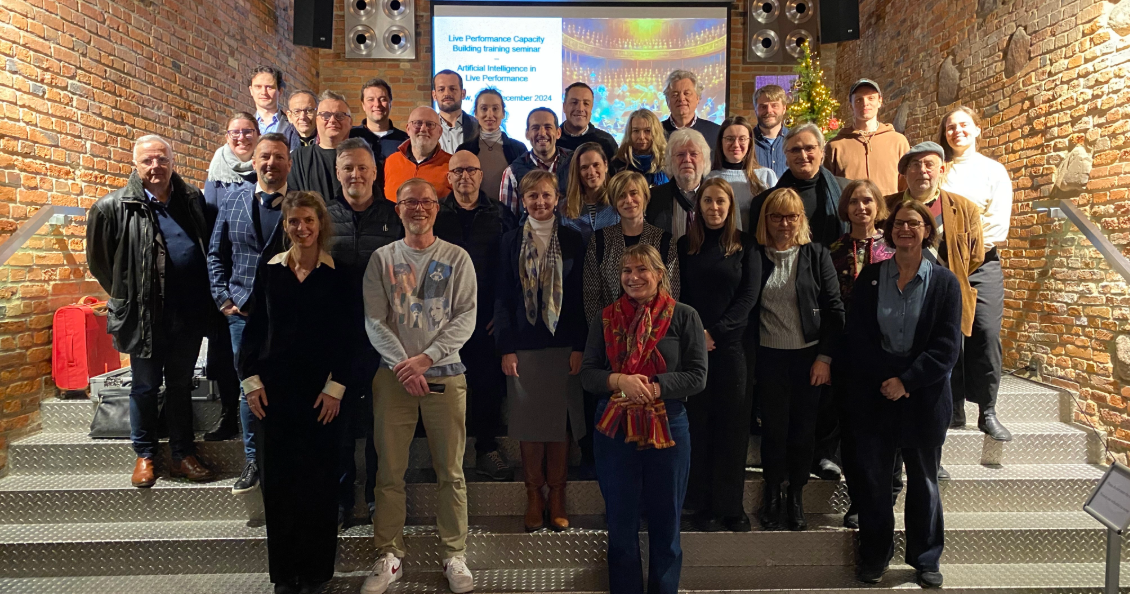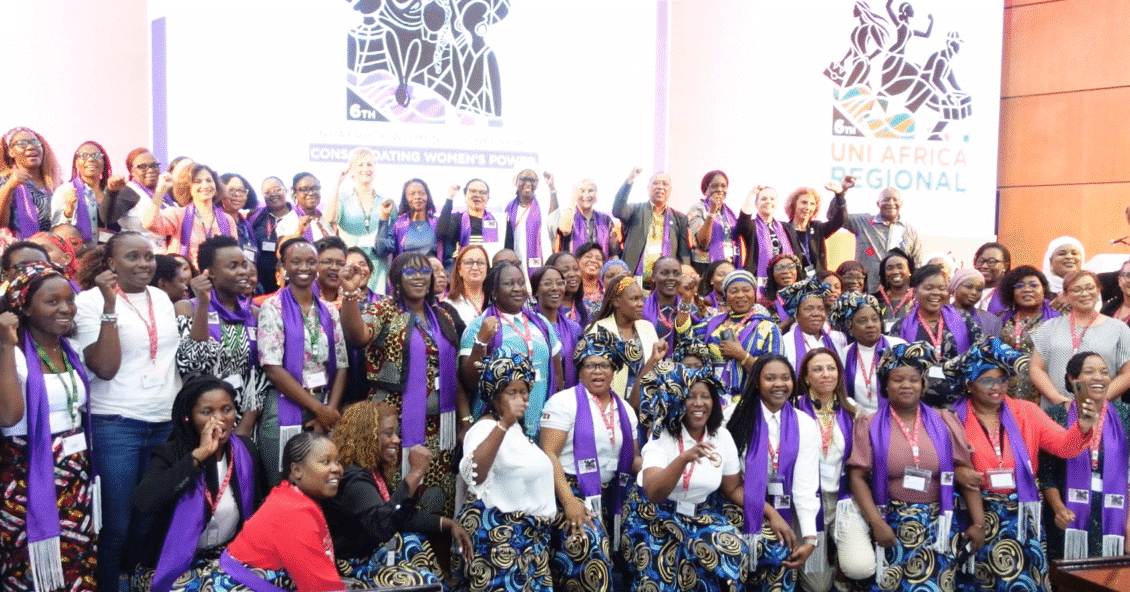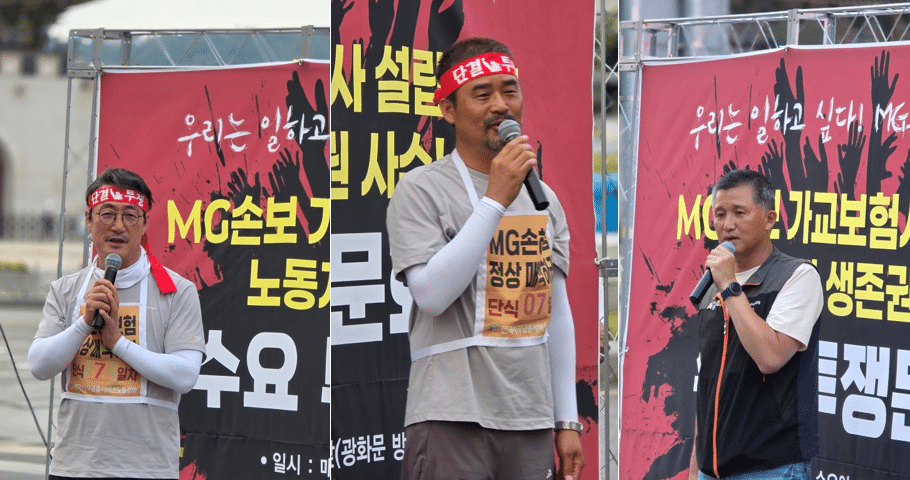Live performance professionals address impact of Artificial Intelligence
19.12.24
The workshop looked at the impact of Artificial Intelligence (AI) on the live performance sector, considering ethical questions as well as legal implications and changes in the organisation of work.
A two-day training seminar in Warsaw, Poland, on 9 and 10 of December, gathered over 40 sector professionals from 15 European countries to exchange on the impact of Artificial Intelligence (AI) on the live performance sector, considering ethical questions as well as legal implications and changes in the organisation of work.
The capacity building seminar, which is part of a EU-funded project, aimed at strengthening capacities of national social partners in the Live Performance sector and is a joint initiative of the European Social Partners: the International Federation of Actors (FIA), the International Federation of Musicians (FIM) and the Media, Entertainment & Arts sector of UNI Europa on the workers’ side, and Pearle* – Live Performance Europe on the employers’ side.
The first day of the training aimed at assessing a wide range of legal impacts of Artificial Intelligence, most specifically Generative AI, on the work of professionals in live performance. The training, provided by Gabriel Kadlecova, a Czech lawyer specialized in intellectual property law and entertainment law, introduced to social partners the legal framework around Generative AI tools and their use, and provided useful guidance on how to use AI tools without legal mishaps. It adressed copyright and other intellectual property rights, personality rights and personal data protection, liability and other issues. The first day of the training seminar was also the opportunity to present a new thematic research drafted specifically in the context of this project, titled ‘AI unplugged: the perspective of the live performance sector’ by Polish researcher Agnieszka Paczynska.
The second day revolved around two panel discussions with creative professionals, as well as professionals working in theatre and cultural venues, to introduce how AI is currently impacting their day-to-day work and practices. The first panel allowed for two choreographers, a musician and a light engineer to discuss the impact Generative AI has on their creative practices and processes, from prospective uses to spark new creative ideas or facilitate day-to-day work (such as assist in calculations for light engineering) to AI being an integrate part of the creation process and output. All panellists highlighted the crucial human component to artistic creation and technical craft, that as of yet, cannot be replaced by AI but needs to be protected by law and collective bargaining to face future technological developments. The second panel discussion focused more on the current uses on AI in the workplace and work processes of live performance venues and cultural institutions in general, from administrative tasks to communication and marketing.
This training seminar is the second out of three planned training events, following a first successful training seminar in Paris last June on negotiation techniques for social partners. The training seminars part of this project focus on key themes identified through ongoing research within the project. The process of identifying these four key themes is currently underway, ensuring that all training sessions address the most pressing issues facing the sector.
Download the full report ‘AI unplugged: the perspective of the live performance sector’ here.
[embeddoc url=”https://uniglobalunion.org/wp-content/uploads/AI_in_live_performance_report_final_draft_dec05.pdf” download=”all”]


